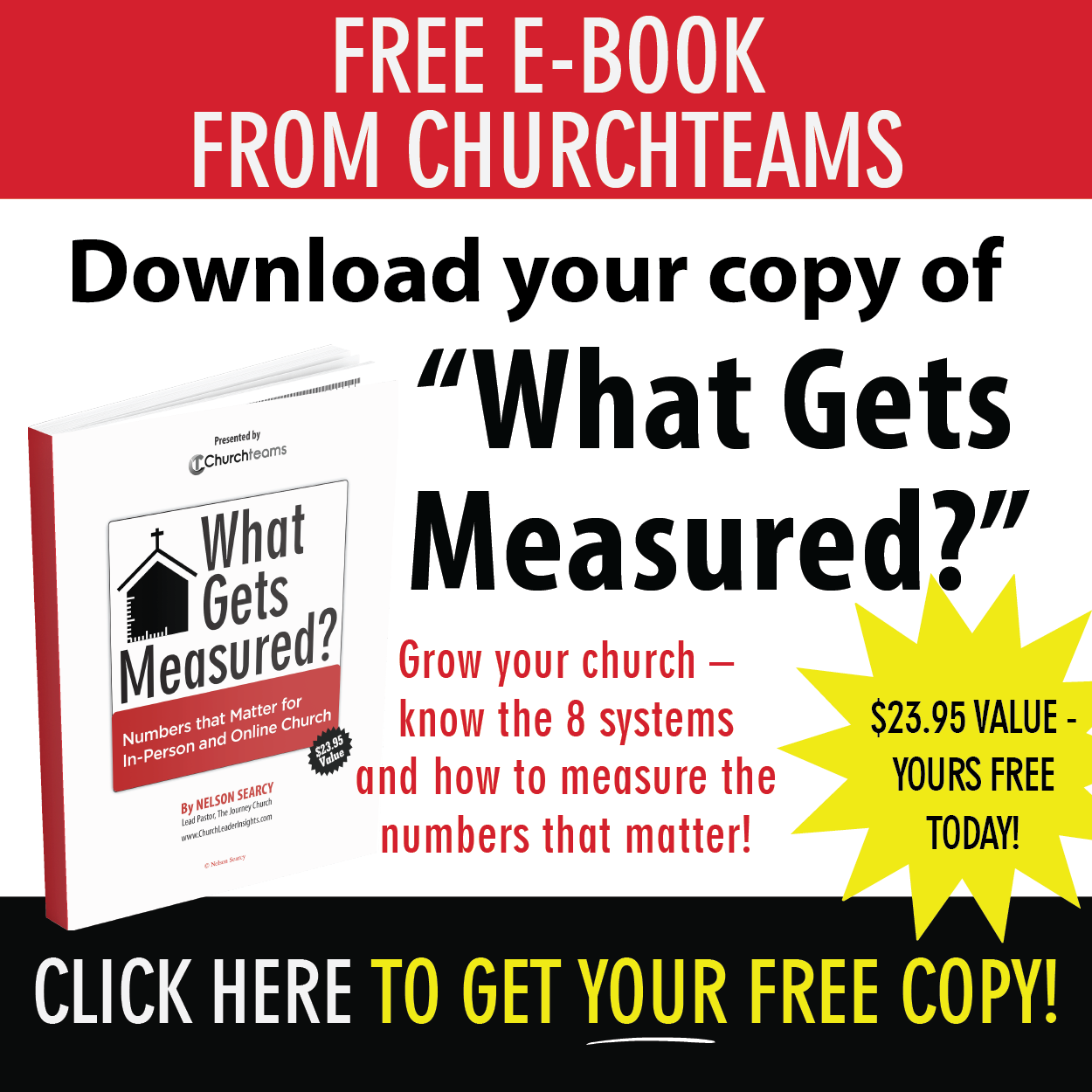 "A new command I give you: Love one another. As I have loved you, so you must love one another. By this everyone will know that you are my disciples, if you love one another.” John 13:34, 35
"A new command I give you: Love one another. As I have loved you, so you must love one another. By this everyone will know that you are my disciples, if you love one another.” John 13:34, 35
This is one of those times Jesus makes crystal clear what his followers look like. This quality is so outstanding that people don't miss it. Love.
You can find lots of scripture to help define love. The love chapter, 1 Corinthians 13, for instance. One of my favorites is Paul's example.
"We loved you so much, we were delighted to share with you not only the gospel of God but our lives as well." 1 Thessalonians 2:8
Love is not just preaching the good news about God's outreach to us, it also involves sharing our lives with others. In fact you can't separate the gospel from Jesus sharing his life ... to the point of death on a cross.
Lived out in most churches today, people love one another by doing life together in small groups or communities. This is the environment where people are expected to know each other's family, background, strengths, weaknesses, needs and more. Here are the friends who help you during down times, celebrate life's joys, and aren't afraid to challenge your walk with God when needed.
Years ago, we discovered with our friend Damon Stoddard (Microsoft, Change Youniversity) that one of the signs that marks healthy groups is a high level of consistency. After all, the more people love each other the more they want to be together. And, loving each other well requires being together a lot.
Data. The biggest reason to take attendance in your groups ministry is not to see how well your church is doing connecting people. That's helpful, but to us it's secondary. The main reason is to track signs of the discipling health of each of your small groups and the love level indicator of individuals in those groups. That's a pretty big deal.
The consistency blog I wrote last year gets at the issue at the group level illustrated here.
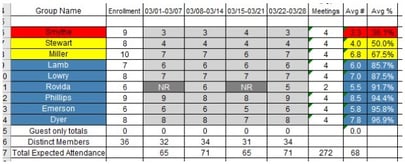
To track love at the individual level and similar to the last two blogs, start by defining different levels of community consistency. For example:
- None - Not in a small group.
- Attends - Less than 5 times / last 13 weeks.
- Regular - 5 or more times / last 13 weeks.
- Leader - Group role as leader
Once you have decided these different levels of community:
- Create a custom member attribute called Community (or something similar) and use the above levels for the dropdown options. Members > Settings > Member Attributes.
- Pin the attribute by going to Members > Settings > Pinned Attributes.
- Select the report type. Reports > Member > Mass Update Member Attribute. Select the attribute (Community) and then the response you want to populate (ex. Regular).
- Select the filter options that indicate a person attended 5 or more times in the last 13 weeks. Filters > Groups > Attendance Filters.
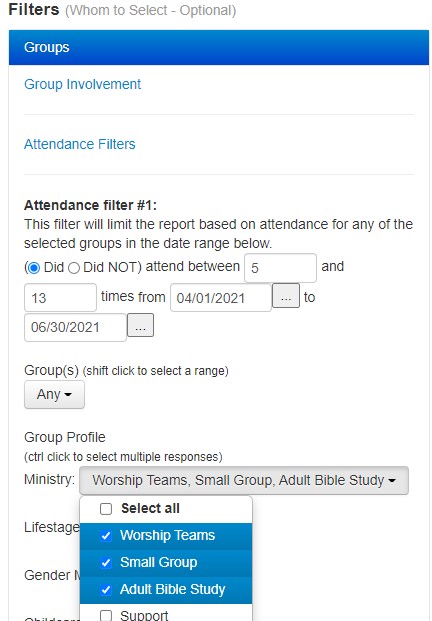
To update the dropdown response - Leader - use the Group Involvement filter to identify the leader role. Also, find the Community attribute and "Exclude" those who are already "Regular" from the report. - Save the report. Click "Add to Saved Reports" and give the report a name. Example: Disciple - Community / Regular. Also, set the date range to 13 weeks.
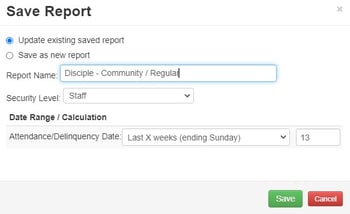
- Create and save similar reports for each response to the Community attribute.
- Schedule the reports. Reports > Schedule Reports > +Schedule a Report. Fill out the details form including the frequency and start date for running the report. I would think that running the report to populate Community once a month would be fine, but you may want to do it more frequently.
Here is the result of an updated, data-driven, pinned attribute for Community, Giving, and Commitment located above the Custom Member Attributes dropdown on a member profile. 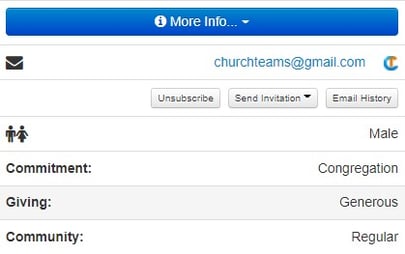
I am very much aware of the arguments against taking attendance in small groups. There were years as a small groups pastor that I didn't do it. There were two problems: 1) we didn't have a good system to do it, and 2) we didn't have a good reason to do it. Churchteams reminder emails (w/ accountability) solved the first problem. As far as a good reason, well, how about love?


